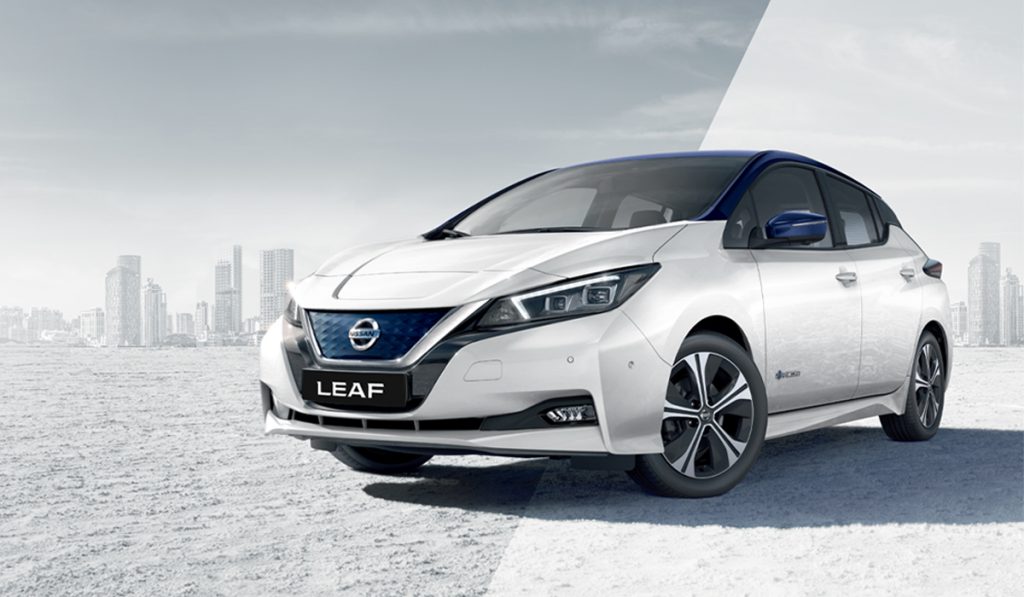Japanese policy makers will consider adjusting the local unified tax on electric vehicles to avoid the problem of government tax revenue reduction caused by consumers abandoning higher tax fuel vehicles and switching to electric vehicles.
Japan’s local car tax, which is based on engine size, is up to 110,000 yen (about $789) a year, while for electric and fuel cell vehicles, Japan has set a flat tax of 25,000 yen, which makes Electric vehicles became the lowest-taxed vehicles other than microcars.
In the future, Japan may levy taxes on electric vehicles based on the power of the motor. An official from Japan’s Ministry of Internal Affairs and Communications who oversees local taxation said that some European countries have adopted this taxation method.

Image credit: Nissan
Japan’s Ministry of Internal Affairs and Communications believes that now is the right time to start discussing changes, as EV ownership in the country remains relatively low. In the Japanese market, electric car sales account for only 1% to 2% of total new car sales, far below the level in the United States and Europe.
In fiscal year 2022, the total revenue of Japan’s local automobile taxes is expected to reach 15,000 yen, which is 14% lower than the peak in fiscal year 2002. Auto taxes are an important source of revenue for local road maintenance and other programs. Japan’s Ministry of Internal Affairs and Communications worries that the shift to electric vehicles will reduce this revenue stream, which is less susceptible to regional differences. Typically, electric vehicles are heavier than comparable gasoline vehicles and therefore can place a greater burden on the road. It should be noted that it may take at least a few years for changes in EV tax policy to take effect.
In a related move, Japan’s finance ministry will consider how to deal with falling gasoline taxes as more drivers switch to electric vehicles, with possible alternatives including a tax based on driving distance. The Ministry of Finance has jurisdiction over national taxation.
However, Japan’s Ministry of Economy, Trade and Industry and the auto industry are opposed to the measure because they believe the tax increase will curb demand for electric vehicles. At a Nov. 16 meeting of the tax committee of the ruling Liberal Democratic Party, some lawmakers expressed opposition to the practice of taxing based on driving distance.
Post time: Nov-18-2022